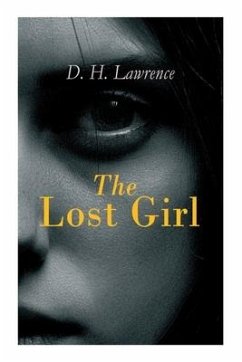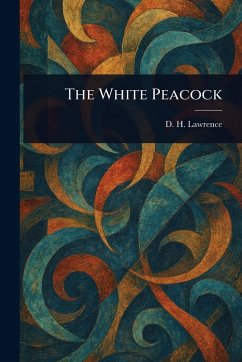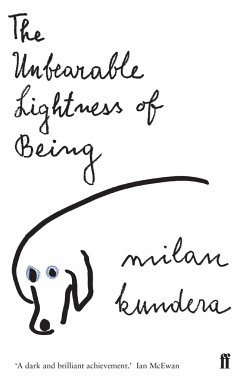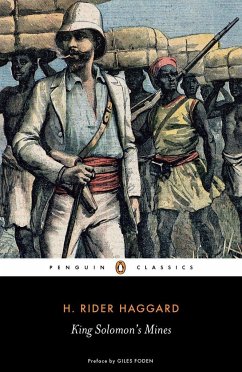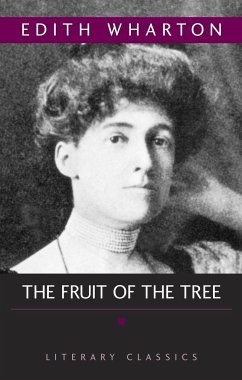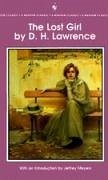
The Lost Girl
Versandkostenfrei!
Versandfertig in über 4 Wochen
7,49 €
inkl. MwSt.
Weitere Ausgaben:

PAYBACK Punkte
4 °P sammeln!
Under-appreciated until now, "The Lost Girl is perhaps D.H. Lawrence's most beautiful, thoroughly contemporary, love story. This captivating novel charts the journey of a woman caught between two worlds and two lives-one mired in dreary, industrial England and a life of convention, the other set in the vibrant Italian landscape holding the promise of sensual liberation. Alvina Houghton is fading into spinsterhood when she meets Naples-born Cicio, a vaudeville dancer who draws her into a dance of seduction, reawakening her desire as she defies her stifling upper-class life.




